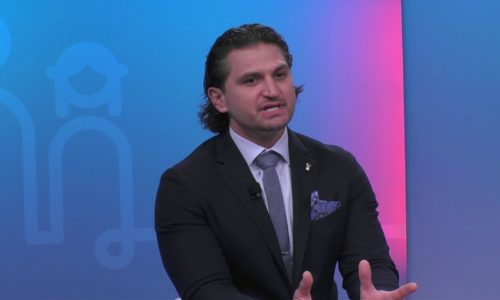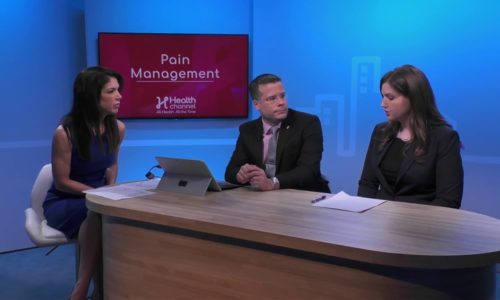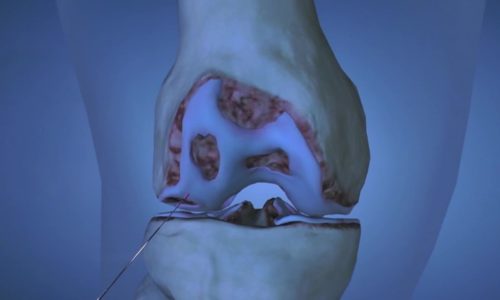Spine Fractures |
Spine fractures are twice as common as hip fractures and three times more common that breast cancer. Also, spinal fractures are the most common in postmenopausal women over 55.
Dr. Ronald Tolchin, Medical Director of the Baptist Health Center for Spine Care, adds when people get older, it is very common to see women who suffered from osteoporosis and their bones demineralize and also become soft.
Fractures can happen in women as well as in men, the doctor says.
Transcript
Spinal fractures are twice as common as hip fractures and three times more common than breast cancer also spinal fractures are the most common in postmenopausal women over 55 in fact one in two women over the age of 50 will suffer an osteoporosis related spinal fracture in her lifetime now doctor I know you’re in our 3d image wall explain to us why that happens is it loss of bone obviously? Yes so as we get older what happens is that the spine and all the bones and osteoporosis for some women and which is very common they become demineralized the bones become soft it’s not in every woman and it can also happen by the way in men but they become demineralized and when that happens the bones are softer and are more prone to compressive forces so when you it could be something very simple such as bending forward can compress the vertebral bodies right here and they m’l situation that is a fracture in fact. And doctor obviously everybody’s different is this genetic related also because some women obviously don’t feel that when that pain occurs and some do. Yes there is a genetic component to it so many women will tell me that their mothers had osteoporosis as well so it’s very important to help prevent osteoporosis I’m amazed by the number of women that come into the office we’re never diagnosed with osteoporosis and then when we start looking we find that they actually have osteoporosis so a very important test is called a bone density study that women should undergo as they get older and certainly if they have risk factors such as a mother or a father that have had it as well.








